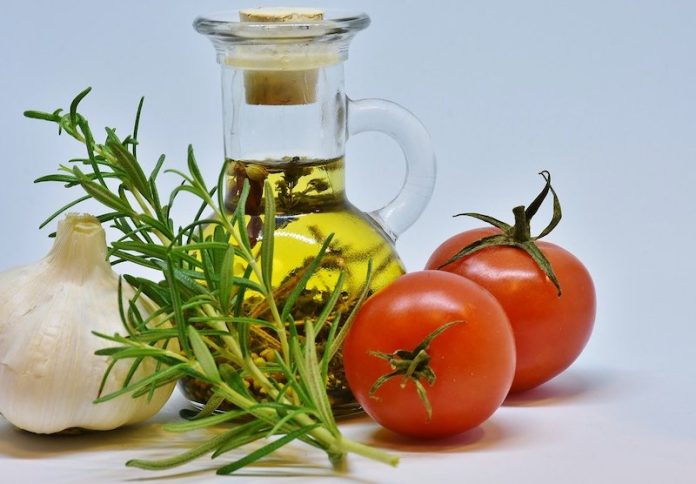
Scientists from La Trobe University found that high polyphenol extra virgin olive oil could help reduce blood pressure in healthy adults.
The research is published in Nutrients and was conducted by Katerina Sarapis et al.
Extra-virgin olive oil is an essential food of the Mediterranean diet and countries in the Mediterranean area like Spain, Italy, and Greece represent the most important producers worldwide.
Regular olive oil is refined and stripped of important nutrients and antioxidants.
In contrast, the natural extraction process used to produce Extra Virgin Olive Oil ensures it retains all the nutrients and antioxidants from the olive fruit.
it contains over 30 various types of phenolic compounds, which are powerful antioxidants that help protect the body against free radicals.
Extra virgin olive oil is suggested to benefit heart health, partly due to its high phenolic content.
Polyphenols are micronutrients that naturally occur in plants. They’re included in many supplements, though they’re also easy to get in your diet from foods like fruits, vegetables, teas, and spices.
Olive oil contains at least 30 different phenolic compounds, including oleacein, tyrosol, and hydroxytyrosol. By definition, high phenolic olive oil contains at least 250 mg polyphenols per kilogram of oil.
In the study, researchers examined the effect of extra virgin high polyphenol olive oil versus low polyphenol olive oil on blood pressure and arterial stiffness in healthy adults.
Arterial stiffness is a growing epidemic linked to an increased risk of heart events, dementia, and death.
The team tested 50 people, who consume 60 mL/day of either high polyphenol olive oil (360 mg/kg polyphenols) or low polyphenol olive oil (86 mg/kg polyphenols) for three weeks.
After a two-week washout period, participants crossed over to consume the alternate oil.
The team examined body shape and size, peripheral blood pressure, central blood pressure, and arterial stiffness before and after the study.
Blood pressure taken in the arm is called peripheral blood pressure. Central blood pressure is the pressure in the ascending aorta, just outside the left ventricle.
One method of measuring central blood pressure is with a tonometer, a small instrument shaped like a wand. The tonometer is placed on the skin over the brachial artery in the arm to measure the pulse.
The researchers found in the high polyphenol olive oil group, there was a big decrease in peripheral and central systolic blood pressure by 2.5 mmHg and 2.7 mmHg, respectively.
Neither olive oil consumption changed diastolic blood pressure or measures of arterial stiffness.
Blood pressure is measured using two numbers: The first number, called systolic blood pressure, measures the pressure in your arteries when your heart beats.
The second number, called diastolic blood pressure, measures the pressure in your arteries when your heart rests between beats.
The researchers concluded that the reductions in systolic blood pressure after high polyphenol olive oil consumption provide evidence for the benefits to prevent heart disease in healthy people.
They suggest that longer studies with higher doses of polyphenols in olive oil may help clarify the potential benefits on diastolic blood pressure and arterial stiffness.
Copyright © 2022 Scientific Diet. All rights reserved.





